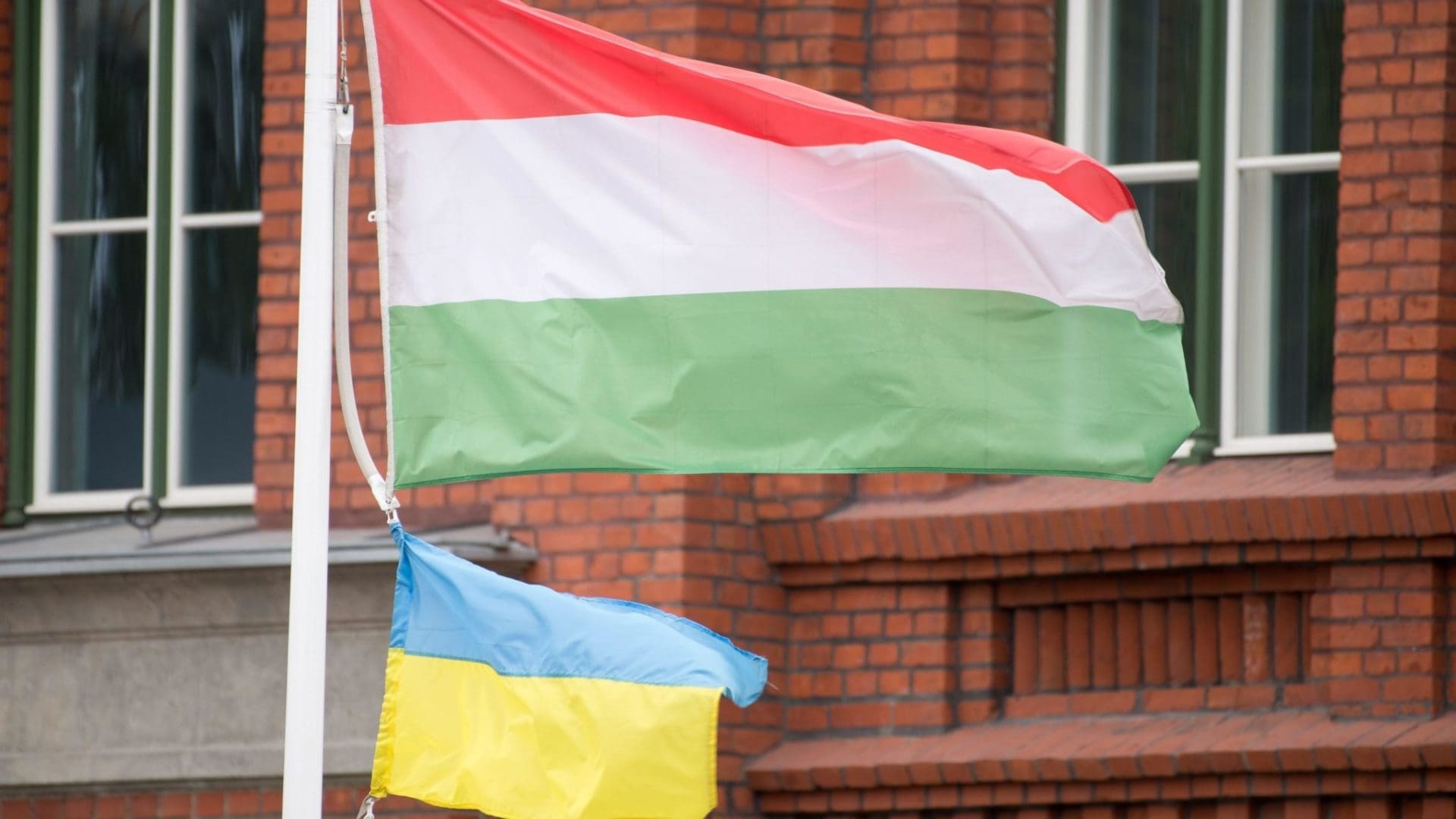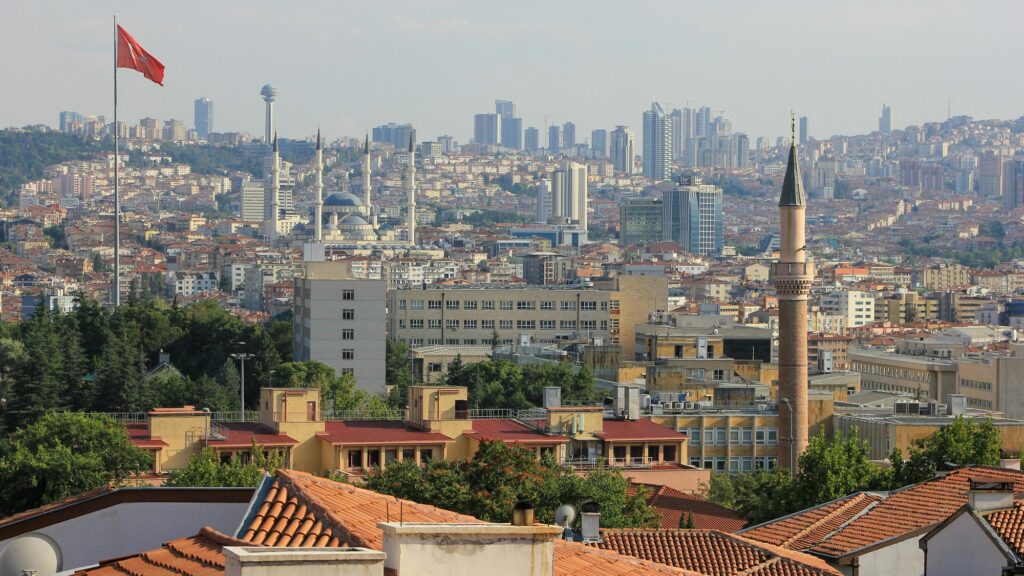Polish conservative media executive Tomasz Sakiewicz, chief editor of the Gazeta Polska weekly, the Gazeta Polska Codziennie daily and the television channel Telewizja Republika, penned an op-ed for Mandiner.hu, published on 5 July, titled Budapest Can Become the Next Bucha. The piece is a powerful philippic against Russia, and, albeit an indirect one, an exhortation to the Hungarian people to fully endorse the Polish (Western) position regarding the war in Ukraine.
In his article Mr. Sakiewicz rehashes a number of facts about Russia’s undeclared war and the scorched earth tactics Moscow applies. He describes the gruesome details of the Bucha massacre, highlighting the Russian leadership’s disregard for human life. He reminds us that Russia has been planning to extend its borders and restore the Soviet sphere of interest for quite some time, stating that Moscow has been ’training its military for an attack against Central European countries,’ and declares that Russia would not hesitate to resort to a nuclear strike against its neighbours should it calculate that the response would be weak. He comes to the conclusion that ‘the Bucha and Mariupol scenes may be repeated even in Budapest or Warsaw’ unless the Kremlin is properly deterred.
‘The Bucha and Mariupol scenes may be repeated even in Budapest or Warsaw’
Mr. Sankiewicz also mentions realistic options for alleviating Hungary’s energy dependency on Russia in the long term, for instance he reminds us that gas and other types of interconnectors could be built between Poland and Hungary to supply non-Russian energy carriers.
While the author provides a fair and essentially factual description of the Russian aggression and what it entails, there are a number of issues with his overall message and deductions.
Mr. Sakiewicz, like the majority of analysts, explains Russia’s current behaviour with what he refers to as the distinct ‘Russian imperial principle’. He probably is not wrong. Russia historically tends to pursue the achievement of a ‘Russian world’, as Mr. Sakiewicz points out, and never refrains from using force when it deems it necessary. However, Mr. Sakiewicz’s overall portrayal of Russia and its behaviour is rather slanted.
The way Mr. Sakiewicz describes it, “Russian imperialism” sounds worse than the much condemned phrase “the China virus.” Perhaps unintentionally, it conveys the idea of Russia being inherently evil. As if say British or U.S. imperialism was somehow of a higher quality. The elevating of Russian imperialism to some sort of a negative pedestal implies that other imperialisms are morally and aesthetically superior to the “barbarism”‘ of Orthodox Russia. This type of analysis manages to be both condescending and demonizing at the same time.
Obviously without condoning Russia’s actions, perhaps it would have been fair to include in the analysis the fact that NATO has been continually expanding over the last decades, and is now practically in Moscow’s backyard. From the way Mr. Sakiewicz puts it, what transpires is that Russia is clearly not really supposed to have national interests, or exercise leverage in any way, as opposed to certain Western powers that are unquestionably entitled to conducting proxy wars, bombing sovereign countries without international mandates or to financing insurgencies against elected governments when their country’s interests demand so. Four legs good, two legs bad, Russia is evil, full stop.
What about Hungary’s history and historical experience?
Naturally, we must concede, as noted before, that Russia’s historical record is a factor that must be taken into consideration when strategizing against it. But what about Hungary’s history and historical experience? The perhaps most important of the many complex collective traumas that inform Hungarian responses to world affairs is Trianon. As a result of the treaty that concluded WWI, a large proportion of Hungary’s population found themselves outside Hungary’s borders without ever moving. Much to the dismay of many, the descendants of those people are still around, and have managed to preserve their national identity, including their mother tongue and religion, the former always, the latter often different from that of the majority population. Since the system change, all Hungarian governments, regardless of their ideological stance, have made it clear that they stand with these ethnic Hungarian communities and have provided varying degrees of support (Socialist governments less, Fidesz ones more) to our cross-border compatriots. How these communities fare is an essential concern of any Hungarian government.
But when it comes to the Hungarian position regarding Ukraine, there seems to be no regard whatsoever for our special sensitivities, first and foremost for our concern for the ethnic Hungarian community in Ukraine that has not been given the fairest of treatments, to say the least, since Ukraine became an independent country. It is disappointing that Mr. Sakiewicz, who should know better as a Pole, is no exception.
What is also puzzling is the insistence on Hungary to just fall in line and do what is expected of it, which is what Mr. Sakiewicz’s op-ed subtly implies. It is puzzling because it is unclear what the direct benefit of that would be in terms of the outcome of the war. Let us for a moment suppose that the Hungarian government expels a large number of Russian diplomats, stops all gas imports from Russia overnight and issues stern denunciations of Moscow day in and day out. Will Putin quiver in fear as a result? Highly unlikely. So no, Hungary is under pressure to join the intransigent chorus of those who want to see Russia obliterated not because Hungary, a small country with an open economy dependent on such large actors as Germany and on Russian gas, a country that happens to be the EU’s easternmost Schengen member state, is a key player in the Ukraine drama. Rather, one’s impression is, it is expected to knuckle under out of principle. Well, another historical lesson that should be learned about Hungary is that its people prefer not to be told what to do.
Hungary has been a vocal supporter of Ukraine, paying not only lip service to their cause but also helping with concrete actions
It is unquestionable that Ukraine is the victim in this war and Russia is the aggressor. As Mr. Sakiewicz puts it, Ukraine is indeed fighting for its ‘freedom and statehood,’ which the Hungarian government has acknowledged time and again. Hungary has gone as far as it possibly can in supporting Ukraine, including the generous and unconditional welcoming of Ukrainian refugees, providing not only food and accommodation to those fleeing, but also free of charge schooling for children and work opportunities for adults. Hungary has been a vocal supporter of Ukraine, paying not only lip service to their cause but also helping with concrete actions.

PHOTO: ALAMY
However, the GOH is also unwavering in prioritizing the needs and interests of its own citizens and of cross-border Hungarians. It is also a fact that the majority of Hungarians find it hard to have full sympathy for Ukraine, whose elites and leaders have consistently denied a number of basic rights to ethnic Hungarians.
It is simply disingenuous to expect that we deliberately shoot ourselves in the foot economically, sever all ties with Russia, bare our chests and exclaim Shoot here! According to Mr. Sakiewicz, Ukraine is now fighting for ‘an ideal that has always connected Poles and Hungarians’, which is ‘the right to preserve its own identity.’ Well said – Hungary has indeed always fought and will always fight to preserve its own identity. We stand with Ukraine, but we stand with Hungary first.








